Dental Implants
What are dental implants?
Dental implants are the modern day solution for missing teeth. A dental implant is a titanium metal rod which is placed into the jawbone. It is used to support one or more crowns.
Do implants hurt?
Placing the implant is quick and pain free, as is generally carried out in local anaesthetic. The implant will be placed below the gum line in the jaw bone, so it will not be visible to human eye. You will not feel pain during the surgery but you may feel some discomfort during the week after the surgery. This is normal due the healing process.
How do implants stay in?
After the implant is placed into the jaw bone, the jaw bone integrates over a period of a few months with the technologically advanced implant surface. This means that the implant effectively becomes part of the bone. This is process is known as Osseointegration.
Can implants always be used to replace missing teeth?
In most cases yes! However, this depends on the state of your jaw bone. During your consultation, our implantologist will carry out a number of specialised examinations to find out the amount of available bone for implant placement. You may also need a CT scan to measure the bone dimensions and check for signs of infection.
I have some of my own teeth. Can I still have implants?
Yes. You can have any number of teeth replaced with implants – from one single tooth to a complete set.
What about after care of implants?
You may need some pain relief after the procedure. The dentist may also prescribe antibiotics. You must not smoke, exercise or drive for the rest of the day. Do not rinse the area and only eat soft foods. However, it is important that you keep your mouth clean by brushing, but do not poke the implant site. You can use a chlorhexidine mouthwash every day during the first week after surgery (you can get these from most supermarkets and chemists).
Are the teeth difficult to clean?
No. However, good maintenance is important if you are going to have a long-lasting, successful implant. Our dentist will give you detailed advice on how to look after your implants. Cleaning around the teeth attached to the implants is no more difficult than cleaning natural teeth. However, there may be areas that are difficult to reach and you will be shown methods to help you. You may need to visit a dental hygienist on a regular basis; the dentist will be able to talk to you about this.
Can I take the teeth out if they are fixed to implants?
Most artificial teeth attached to implants can only be placed and removed by the dentist. However, if you have complete dentures fixed to the implants, then you’ll be able to take them out for cleaning.
Do I have an implant for each missing tooth?
No, unless you’re only having a single tooth replaced. Normally, five or six implants are used to replace all the teeth in one jaw, as each implant can usually support two teeth. For a few missing teeth, two or three implants may be used.
What happens if the implant does not bond with the bone?
This happens very rarely. If the implant becomes loose during the healing period or just after, then it is easily removed and healing takes place in the normal way. Once the jaw has healed, another implant can be placed there. Or, the dentist can make a bridge, using the implanted false teeth that have integrated (or ‘taken’). There is no extra charge if a new implant is needed because of an implant failing to integrate.
Is the treatment expensive?
Unfortunately, yes it can be. However, our prices are very competitive and we offer flexible payment options. Our mission is to offer you the highest quality treatment, at a price you can afford. Although the treatment is relatively costly, it is well worth the investment when compared to other tooth replacement options.
Are implants safe and how long do they last?
We offer a Life Time Guarantee on all Dental Implants. Millions of people are having implant treatment every year. Implants are a well-established, tried-and-tested treatment since 1965. With the right care, modern implants should last for life time.
Benefits of Implants supporting a Bridge
If you are missing teeth and you are advised to cut into your healthy natural teeth to support a bridge, please ask your dentist first. This is why dental implants are recommended instead of destroying precious tooth structure. The implant can be used to support the bridge instead of cutting into natural tooth. Please note that the life span of an average natural tooth supported bridge is around 11 years, and in the long run you will lose more teeth and ultimately require more implants. This is why you should consider implant in the first instance. A tooth is an organ of your body, which should be preserved at all cost.
How strong is an integrated implant?
An integrated implant in your jaw bone is 8 times stronger anchored than your natural tooth.
What happens if there isn’t enough bone in my jaw to support the implant?
In this case you will need bone to be added to the area. This is known as bone grafting. There are a number of bone graft options which the dentist will discuss with you at the consultation.
How long does treatment take?
Our dentist will be able to give you a rough timetable before the treatment starts. Usually the permanent teeth are fitted 6 to 9 months after the implants are put in, but many implant systems now allow the time to be as short as 3 months. Some teeth can now even be fitted at the same time as the implants (known as immediate implants) but you should check with our implantologist to see whether these are suitable for you.
During the period while the implant heals, a temporary denture can be used to close the unsightly gap. However, this may cause irritation over the implant healing site and interfere with healing.
What happens next?
The implants need to bond (integrate) with the bone after they have been put in. This takes at least 3 months in the lower jaw and 6 months in the upper jaw.
Sometimes the implants may be stable enough when they are fitted for the artificial teeth to be attached much sooner than this. If you are having one, two or three teeth replaced, you may have a temporary denture in the meantime. If you have complete dentures, then you can keep wearing these throughout the healing period once they have been modified after the surgery. A healing cap will usually be placed into the implant site to protect the area during healing.
If I had gum disease when I had my own teeth, will I get it with the teeth attached to the implants?
Yes, if you don’t care for them well enough. If you keep them clean, and do not smoke, then you should not have any problems.
Do the implants show?
No. The implants are placed below the gum line, and act as a root to support the new implant crown.
What if I have an accident?
Implants and the teeth they support can be damaged by an accident in the same way that natural teeth can. It is therefore important that you wear a professionally made mouthguard if you play sports that involve contact or moving objects. If there is damage, the teeth can be dismantled from the implant and replaced. However, if the titanium rod is damaged beyond repair, this part may be safely left in the jaw if it is too difficult to remove. Another implant may be placed alongside it to replace the damaged implant.
I’m interested in getting implants. What should I do next?
Book a consultation with our dentist who will advise you further. You can do this online by clicking HERE. Alternatively, please call us on 0191-2324284.

